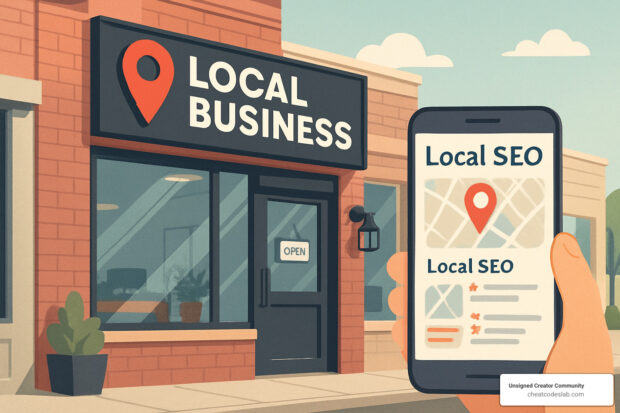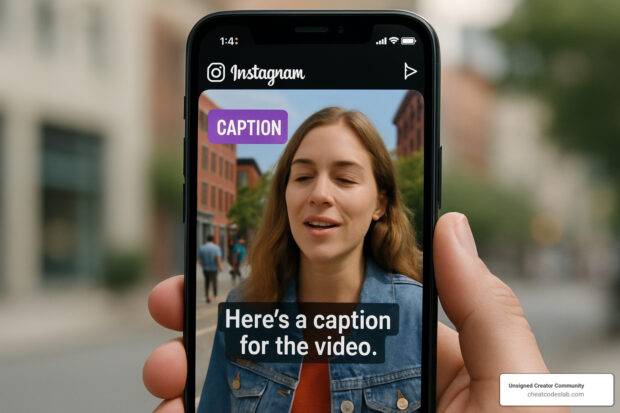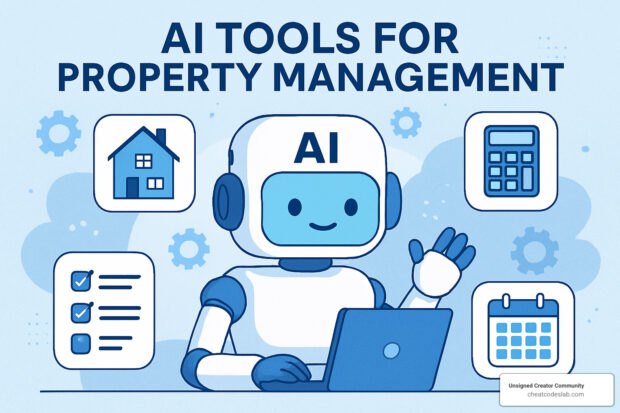
AI in Digital Marketing: An Introduction
How to use AI for digital marketing is a question many tech-savvy marketers are asking. The rapid advancement of AI technology has swiftly changed the landscape of digital marketing, bringing new opportunities and challenges to the table. If you want a quick answer to how to use AI for digital marketing, here are the main steps:
- Implement Data Analytics and Reporting – Use AI to analyze large data sets and provide insights.
- Leverage Content Creation and Personalization – Use AI tools for personalized content and customer experiences.
- Run Automated Marketing Campaigns – Integrate AI for email marketing, PPC campaigns, and social media automation.
The evolution of digital marketing has been significantly influenced by AI, enabling more personalized ads and predictive analytics. These AI advances allow businesses to tailor their marketing strategies to individual customer preferences, resulting in higher engagement and conversion rates. By utilizing AI, from ChatGPT to Smart Headline Generators like OptiMonk, marketers can work more efficiently and strategically.
I’m Jeffrey Castillo, known as digitaljeff, a tech entrepreneur and content strategist with over 20 years of experience in digital media and marketing. My journey has seen the integration of AI in marketing, providing invaluable insights on how to use AI for digital marketing effectively. Let’s dig deeper into maximizing AI’s potential for your digital marketing strategies!

How to Use AI for Digital Marketing
AI is a game-changer in data analytics and reporting. It can process vast amounts of data quickly and accurately, something that traditional methods struggle with. By analyzing large data sets, AI provides insights that help marketers make informed decisions.
Machine learning algorithms sift through historical data to identify trends and patterns. This helps predict future behaviors, allowing businesses to stay ahead of the curve. For instance, AI can tell you which marketing channels are driving the most traffic and conversions, helping you allocate your budget more effectively.
In practice, AI tools can summarize findings from different data sources, providing a cohesive view of your marketing performance. This saves time and improves decision-making, as you get actionable insights without manual data crunching.
AI is revolutionizing content creation and personalization. Generative AI tools can create content, from social media posts to blog articles, with minimal human intervention. This speeds up the content creation process and ensures consistency.
Personalization is where AI truly shines. By analyzing customer insights from various touchpoints, AI can tailor content to individual preferences. This leads to a more personalized customer experience, increasing engagement and conversion rates.
Natural language processing (NLP) is another AI capability that improves content relevance. NLP helps AI understand and generate human-like text, making interactions more natural and engaging. This technology is used in chatbots to handle customer queries effectively.
AI enables automated marketing campaigns, making tasks like email marketing, PPC campaigns, and social media automation more efficient. AI-powered tools can segment your audience, schedule posts, and even optimize ad performance in real-time.
In email marketing, AI can personalize subject lines and content based on user behavior. For PPC campaigns, AI can adjust bids and targeting parameters dynamically. This ensures your ads reach the right audience at the right time, maximizing ROI.
Social media automation tools use AI to manage content, monitor engagement, and provide insights. This allows marketers to focus on strategy rather than routine tasks.
Chatbots are another AI application improving customer service. Available 24/7, they handle simple queries, freeing up human agents for complex issues. This not only improves efficiency but also improves customer satisfaction.
AI in Content Marketing
AI is revolutionizing content marketing with tools that help generate content, recommend topics, and optimize for SEO, making your marketing efforts more efficient and effective.
AI tools can brainstorm article headlines and topics. Just type in a prompt, and it provides multiple ideas. This is a great way to kickstart your content creation process.
There are also powerful tools that help create first drafts quickly. They use AI to generate high-quality content based on your inputs, saving time and ensuring consistency.
Some tools are perfect for creating catchy headlines for your popups and embedded campaigns. Integrated into drag & drop editors, they are easy to use.
AI tools can also analyze past campaign performance to identify successful patterns. This helps you develop more effective marketing strategies by understanding what works best for your audience.
AI in Customer Engagement
AI is enhancing customer engagement through chatbots, personalized messaging, and dynamic content.
Chatbots are available 24/7 to handle customer queries, process orders, and offer personalized product recommendations. This improves customer satisfaction and frees up human agents for more complex tasks.
For example, some music streaming services use AI to understand user preferences and create customized playlists. This personalized approach keeps users engaged and loyal to the platform.
AI can also personalize email marketing. Some tools use AI to analyze user behavior and send personalized product recommendations and promotional codes. This increases open rates and conversions.
AI in Advertising
AI is changing advertising with programmatic advertising, media buying, ad optimization, and real-time bidding.
Programmatic advertising uses AI to automate the buying of ad space. This ensures your ads reach the right audience at the right time, maximizing ROI.
Real-time bidding (RTB) is an AI-driven process where ad space is bought and sold in real-time. This allows for more precise targeting and better ad performance.
AI tools help optimize product pages and personalize user experiences. By analyzing user data, these tools recommend products and content custom to individual preferences.
In summary, AI tools are reshaping digital marketing. They improve content creation, enhance customer engagement, and optimize advertising efforts, making your marketing strategies more effective and personalized.

Next, we’ll explore the potential of AI and how it can improve your ROI while ensuring ethical considerations are met.
Conclusion
AI’s potential in digital marketing is immense. It improves efficiency, improves ROI, and supports marketers in delivering personalized experiences. Let’s dig into these aspects and discuss future trends and ethical considerations.
AI Potential and Efficiency
AI excels at automating repetitive tasks, analyzing vast data, and providing actionable insights. Two-thirds of marketers report significant time savings with generative AI, freeing them up for more strategic and creative work.
ROI Improvement
Increased efficiency directly translates to better ROI. By leveraging AI, marketers can create more targeted campaigns, optimize ad spend, and personalize customer interactions. Netflix, for instance, uses AI to personalize artwork for movie recommendations, boosting user engagement and conversion rates.
Future Trends
AI in digital marketing will continue to evolve. Expect advancements in predictive analytics, customer behavior forecasting, and hyper-personalization. Tools like Smart Personalizer already offer personalized user experiences, and this trend will only grow.
Ethical Considerations
While AI offers many benefits, ethical considerations are crucial. Ensure data privacy and comply with regulations like GDPR. Additionally, AI-generated content should be monitored for accuracy and bias. 47% of marketers have encountered inaccuracies with AI-generated content, so human oversight remains essential.
Embracing AI Responsibly
At Unsigned Creator Community, we believe in using AI to complement human creativity. By embracing AI responsibly, we can open up new opportunities and drive innovation in digital marketing. For more insights and resources on integrating AI into your strategies, visit our AI Courses.
In summary, AI is a powerful tool that improves efficiency, improves ROI, and supports ethical marketing practices. Stay ahead by integrating AI into your digital marketing strategy and leveraging its full potential.















